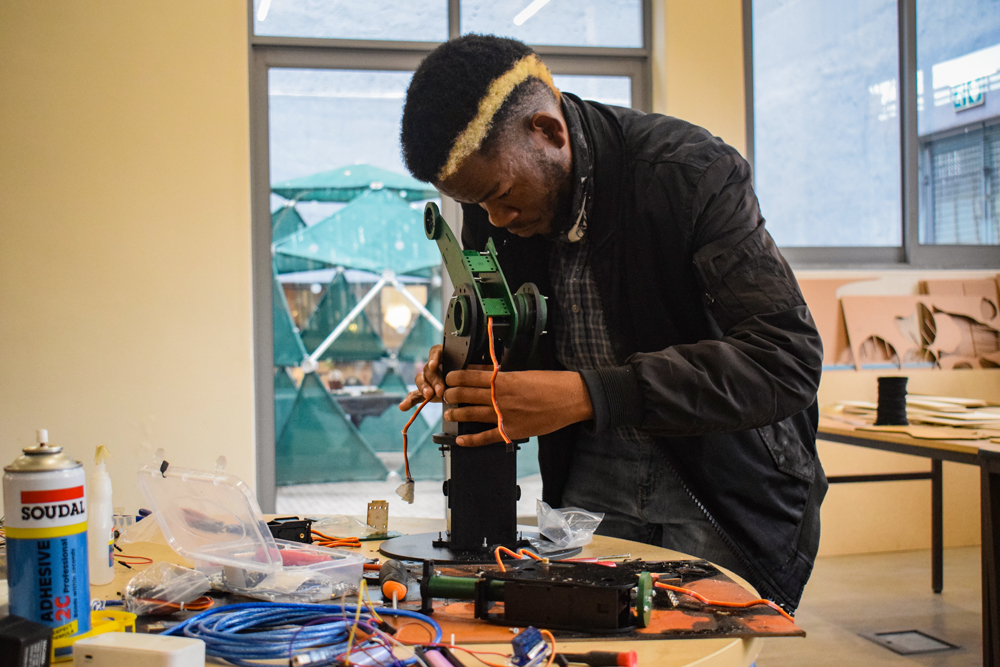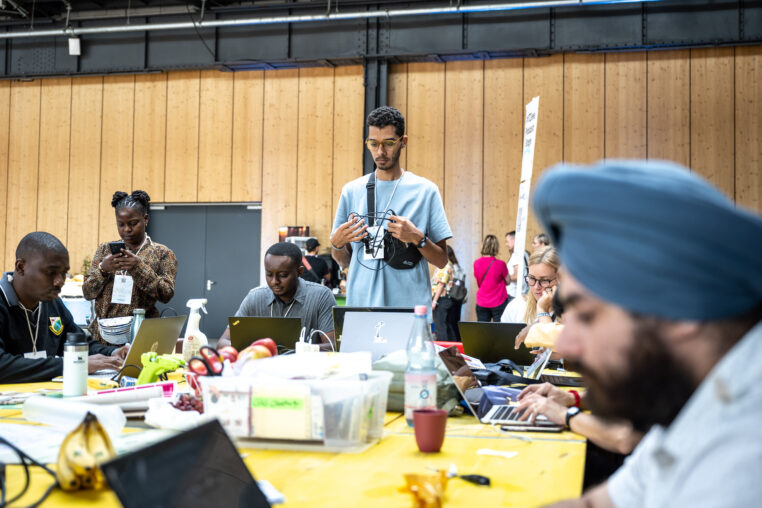The “Open Catalogue of Business Models,” developed by the MAKE project, serves as a resource to enhance the financial sustainability of makerspaces and foster a decentralized production ecosystem. This catalogue is structured to provide inspiration and guidance, allowing makerspaces to adapt and experiment with various business model elements to suit their unique environments.
The catalogue categorizes business models into three primary groups: Expertise Sharing, Asset Sharing, and Product Life Cycle. Each group encompasses specific models makerspaces can implement to create value within their communities.
Under Expertise Sharing, the catalogue discusses Training, Events, edutainment models, Consultancy, Business Services, and Startup Support. The Training model focuses on imparting knowledge and skills, ranging from hands-on machine usage to soft skills like resume writing. Events and edutainment involve organizing activities where participants enjoy experiences while acquiring knowledge. Consultancy entails utilizing expertise to address problems or deliver solutions for others. Business Services include performing tasks that provide services to others, and Startup Support encompasses aiding new business creation and growth through comprehensive packages.
Asset Sharing includes models like Machine Access and Membership. Machine Access pertains to providing individuals and businesses with access to machines, tools, or equipment. Membership involves regular users paying for access to a space and a package of assets and services.
The Product Life Cycle group comprises models such as Marketplace and Quality Control. The Marketplace model focuses on creating a platform where buyers and sellers can connect to fulfil their needs. Quality Control involves earning fees for assessing the quality of products made by others to ensure they meet customer requirements or independent standards.

Each model includes descriptions, significant variations, potential impacts, complementary models, challenges, and advantages. For instance, the training model highlights the importance of developing effective training materials and acknowledges the difficulty of doing so. It also notes that not everyone with specific knowledge or skills is adept at teaching, emphasizing that teaching is a distinct skill set.
The catalogue also outlines key components for each model, including key partners, key activities, key resources, value propositions, customer relationships, customer segments, channels, cost structure, and revenue streams. This comprehensive approach provides a holistic view of how each model can be implemented and sustained within a makerspace.
Click here to check it, download and freely use it, as the “Open Catalogue of Business Models” offers a structured framework for makerspaces to explore and adopt various business models. By leveraging this resource, makerspaces can identify and implement strategies that align with their goals and community needs, thereby contributing to their financial sustainability and the broader decentralized production ecosystem.


